Business Broker: Sell & Buy Premium Businesses

Stealth Domain Acquisition Service
Don’t let your perceived worth affect the price of your perfect domain.
Stealth Domain Acquisition is a process wherein businesses or individuals buy domain names without making their interests known to the general public. It is an incredibly useful strategy in this digital age, as it gives those involved the power to proactively choose unattached and desirable domains before they get snapped up by competitors.
Stealth domain transfer also allows legitimate business owners to defensively recuperate a compromised website that was bought by another person or entity with malicious intentions.
Stealth domain acquisition can be incredibly helpful in developing businesses, since having the right domain allows companies to appear more professional and stand out from their competition. Furthermore, acquiring multiple stealth domains prevents hackers from capitalizing on typos of popular sites for malicious purposes.
Stealth domain acquisition can offer businesses invaluable protections and countless growth opportunities, making it an impressive tool that should not be overlooked.
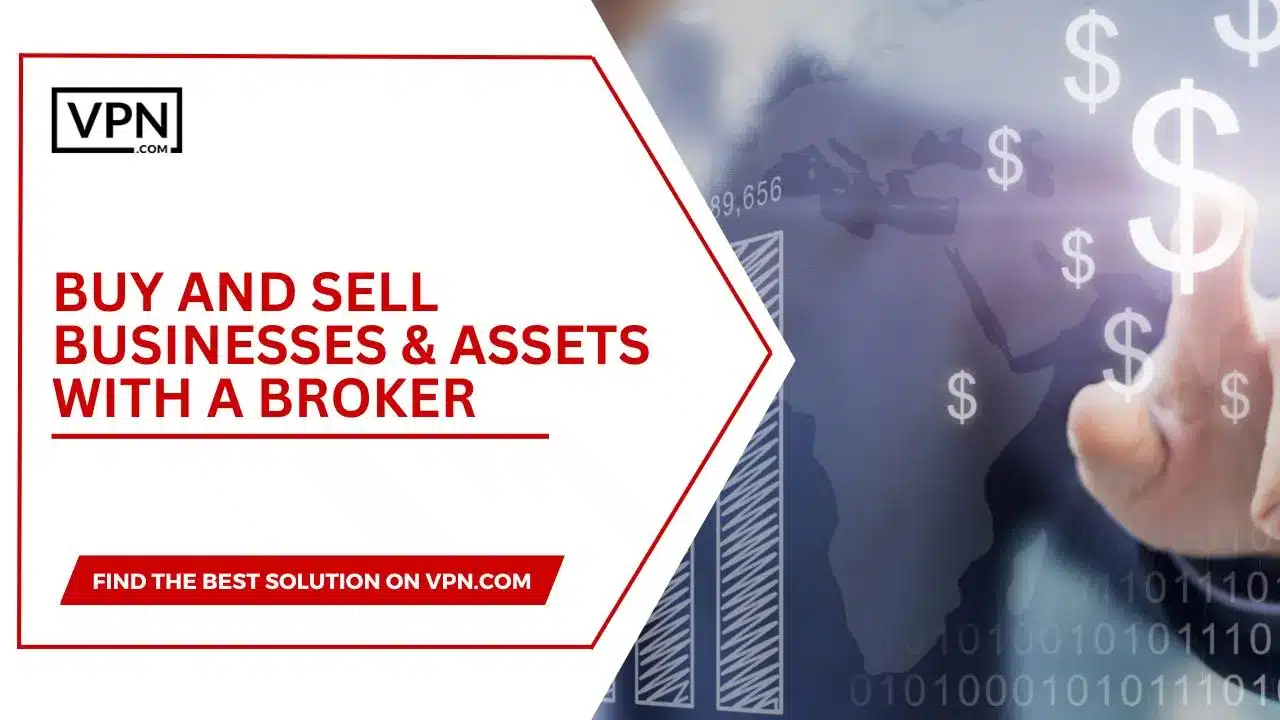
We all know how difficult it is to buy or sell a business. Because it needs considerable investment to buy a business. However, if you want to sell your business, we are telling you that it is no easy task. Because everyone wants to see their business grow and in the right hands.
However, if you have made your mind about selling or buying a business. Then we think that you should do it with a business broker. If you are not sure what a business broker is – then don’t worry. We are here to help you assist in knowing each and everything about how to buy and sell businesses & assets with a broker.
What Is A Broker?
Brokers are basically the pathway between seller and buyer. Brokers work with you with a fixed fee or commission. They are the experts who know about each rise and fall. So, if you want to make a deal and you are not sure how to. Then we think the best way to do it is through Brokers. They will smooth your process. They will also save you from the negotiation and transactions.
We think that making deals is not an easy task. And you should need a professional to do this task. There are different types of brokers in every field.
For instance, if you want to buy or sell a domain of the country then you should consult that country’s broker. They will provide you the right path and will get you a reliable seller or buyer.
Types Of Broker Services
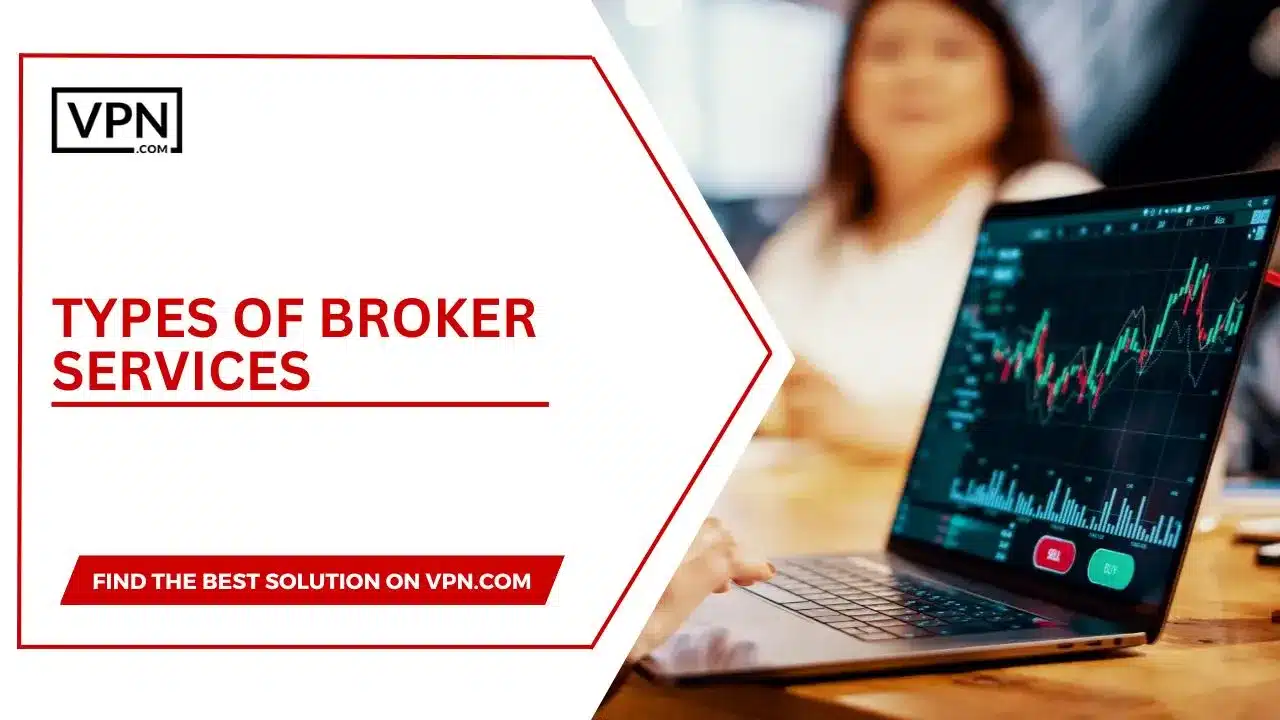
As we have told you before that there are different types of broker services. Some of them are:
- Investment Manager
- Forex Trader
- Real-Estate Agent
- Insurance Broker
- Broker Associate
- Business Broker
- Business Transfer Agent
- Freight Broker
- Information Specialist
- Mortgage Broker
- Pawn Broker
- Sponsorship Manager
- Yacht Broker

Sign up with our #1 choice
- Experts in Premium Domains
- Ultra-Secure Transactions
- Commissions Starting at 15%
- Paid $1m for VPN.com
- Only Pay When We Succeed for You
- Completely Confidential Transactions
Does Broker Make Good Money?
Now when you know what a broker is. You might be wondering if they make good money or not. The answer is yes they make a lot of money.
But it mainly depends on the client they are dealing with. Sometimes, they will charge you a fee for the deal. And sometimes they will work on commission. For instance, they will set a 6% to 10% commission of your deal.
However, if you hire a very professional and well reputed business broker. Then there are chances that they will charge you both fee and commission. That is why we tell everyone that you should see your finances before hiring a broker.
How Can You Become A Broker?

It is never easy to buy or sell a thing. And many times people make a fool of you. So to avoid all this we think that you should hire a broker. If you know everything about a broker and you are interested in this profession. Then we think you should put your step in it.
If you want to become a broker then you must have a finance degree such as economics. Or at least you should have experience in asset management such as insurance or accountancy. However, if you don’t have a degree in either field and you belong to tech management. Then we think that you might have a chance too – to become a professional broker – if you do it with proper training and effort.
What Is A Business Broker?
As the name tells us, a business broker is an expert. Who will help you to sell or buy a business – main street businesses. They help you in many ways and make work easier for you. So, if you are thinking of buying or selling a business. Then we think that no one can help you better than a business broker.
They have all the knowledge about the businesses that you might lack. They know about all the rise and fall of it. They can get you a better deal than you. But it is important to choose the right broker for your business.
Pros and Cons Of A Business Broker

We know that nothing comes in perfect. That is why we think it is important to talk about both the pros and cons of hiring a business broker.
How Can We Find The Right Business Broker?
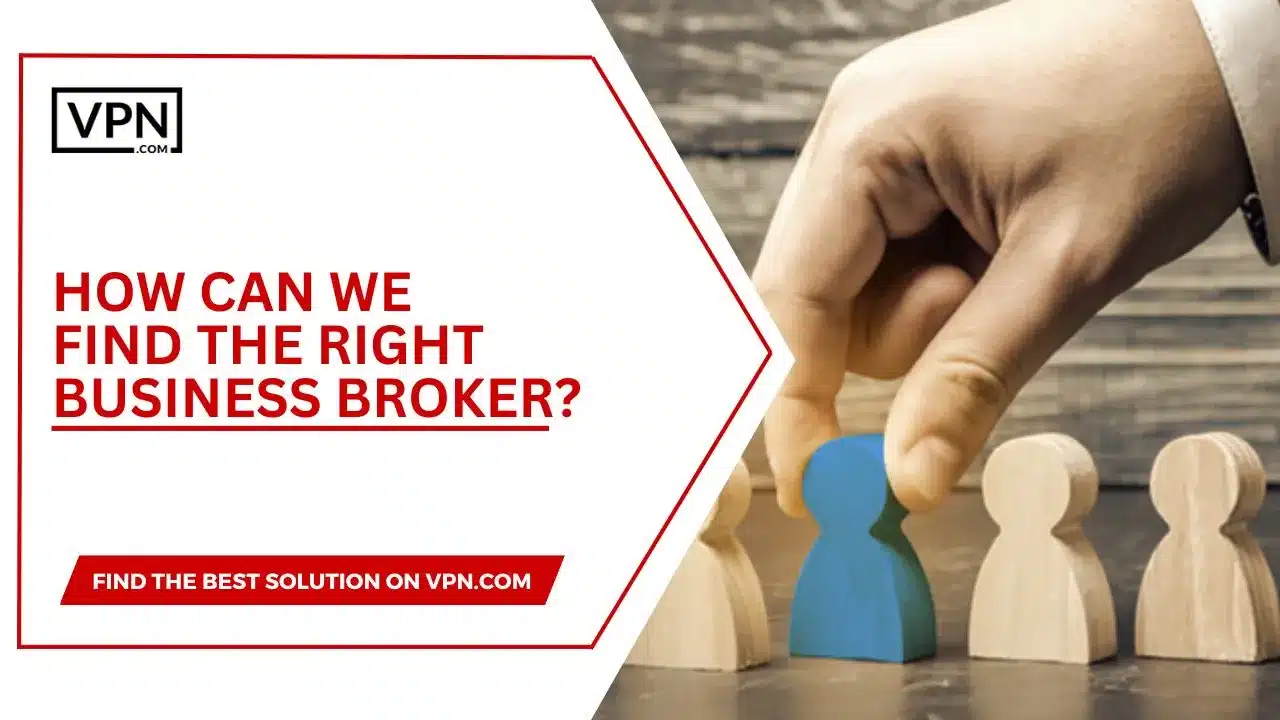
We know that it is not an easy task to find the right business broker. Because many of the brokers are just fraud and they just want your money. This is why it is very important to find the right broker to buy or sell business.
We are listing some of the tactics that we think you should look for in your business broker. Because it is not just about thousands of dollars. These are the deals made in millions of dollars. And we know that no one wants to see losing it.

Sign up with our #1 choice
- Experts in Premium Domains
- Ultra-Secure Transactions
- Commissions Starting at 15%
- Paid $1m for VPN.com
- Only Pay When We Succeed for You
- Completely Confidential Transactions
Reputation
We think that the best way to see if the business broker is the right choice is to go or not. You should first look for the reputation of your broker. If your broker has a good record of dealing. Or if your broker is not accused of any fraud.
You shouldn’t just trust any broker that comes to you. You should conduct a complete background check before hiring them. Well-Reputed brokers don’t need to prove themselves. Their name and work shows it all.
Track record
Another best way to know about your broker is to look at its track record. Their track record will tell you how much of a successful broker they are. Because the track record will tell about all the successful sales they have performed in the past.
Successful sales of a broker shows their success rate. And the success rate will tell you how much a broker is. However, at the end of the day it all depends on their success rate.
Knowledge
We think that the knowledge of your broker is the main key factor. When you are choosing a broker you should make sure that they have all the knowledge about your goals and perspective. You should also identify on your own whether they are the right choice for your business or not.
A knowledgeable business broker can get you the best deal. Because they know about every drawback and rise that can come in a business. This is why I always go for a broker who is expert in its field.
Network
A business broker should have a good network. Their network helps them find buyers and sellers both. A good network is very beneficial if you know the right use of it. Professional brokers work on their network first and then find clients.
However, if they have a useful network then they don’t need to find clients. But clients will find them. So, if you need to find a good broker then you should look in your reliable network.
Because that way you don’t have to conduct a background check on them too. Your network will guide you on their own whether you should hire the broker or not.

Sign up with our #1 choice
- Experts in Premium Domains
- Ultra-Secure Transactions
- Commissions Starting at 15%
- Paid $1m for VPN.com
- Only Pay When We Succeed for You
- Completely Confidential Transactions
Connections
We think a business broker should have good connections. These connections will help them find a better deal. Some of the deals are done by their previous clients too. Because when a broker leaves a good impression on the client. They will most probably hire them again.
They can get a better deal from the previous clients too. That is why good connections between brokers also shows their success rate. But not only the success rate. You can get deals at a better price too.
How Can We Buy And Sell Businesses & Assets With A Broker?
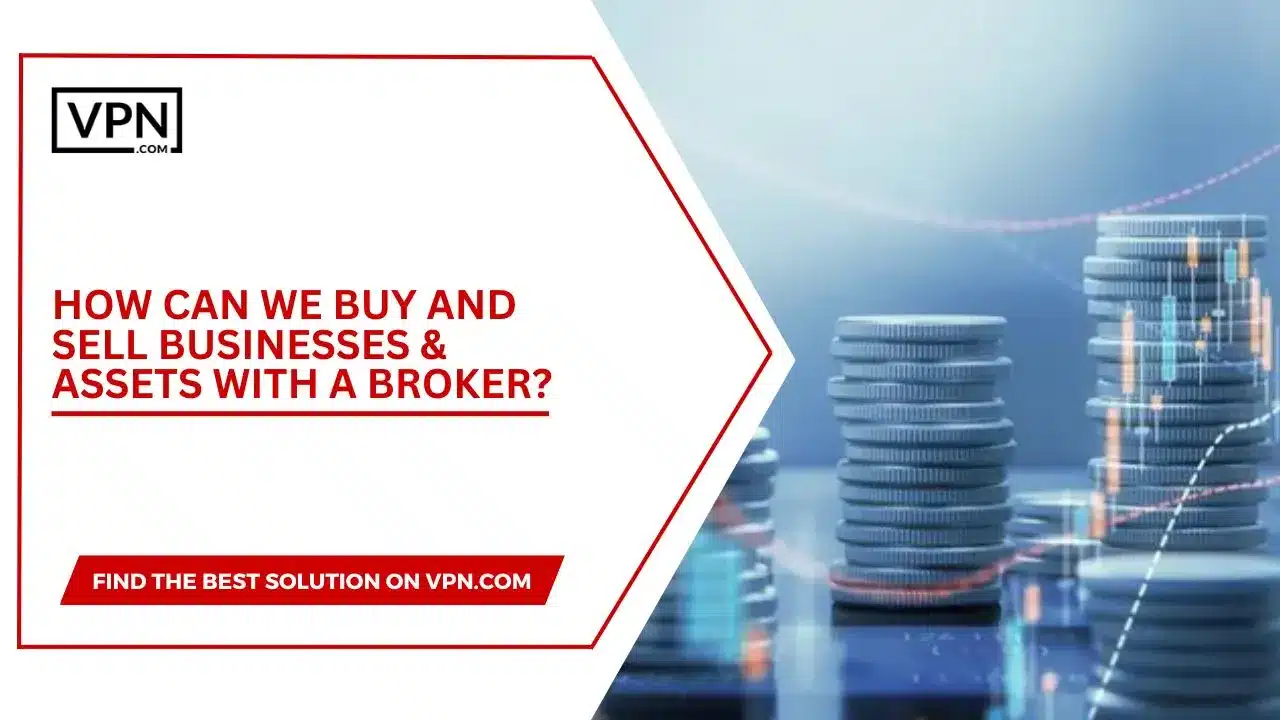
Now when you know what a business broker is. You must want the answer to why should we work with a business broker right? Because if you are a business buyer then you must really be stressed about – if you will get a good deal or not.
That is why we are here to help you understand how a broker can minimize the risk. And you can buy business stress free
Worth Of Business
Before buying or selling a business it is very essential to know the worth of the business.
We all know that buying a business is not an easy task. And if you wish to buy a business then you easily can. But can you buy the right business is the main question here? Because there are plenty of sellers out there who wish to sell their business. But what is the guarantee that it will be beneficial or worth it?
However, when we talk about sellers. They are basically selling their own business. Why are they? What can be the possible reason behind it? Are they selling it because of low motivation or the market is not saturated? Or there is no scope for business in the market anymore.
Here is when business brokers step in. They will help you realize the worth of your business. They find buyers a beneficial business. And they will also analyze the worth of the business which the seller is trying to sell. The main task of the business broker is to always get you a better deal.
Analyzing The Assets For Sale
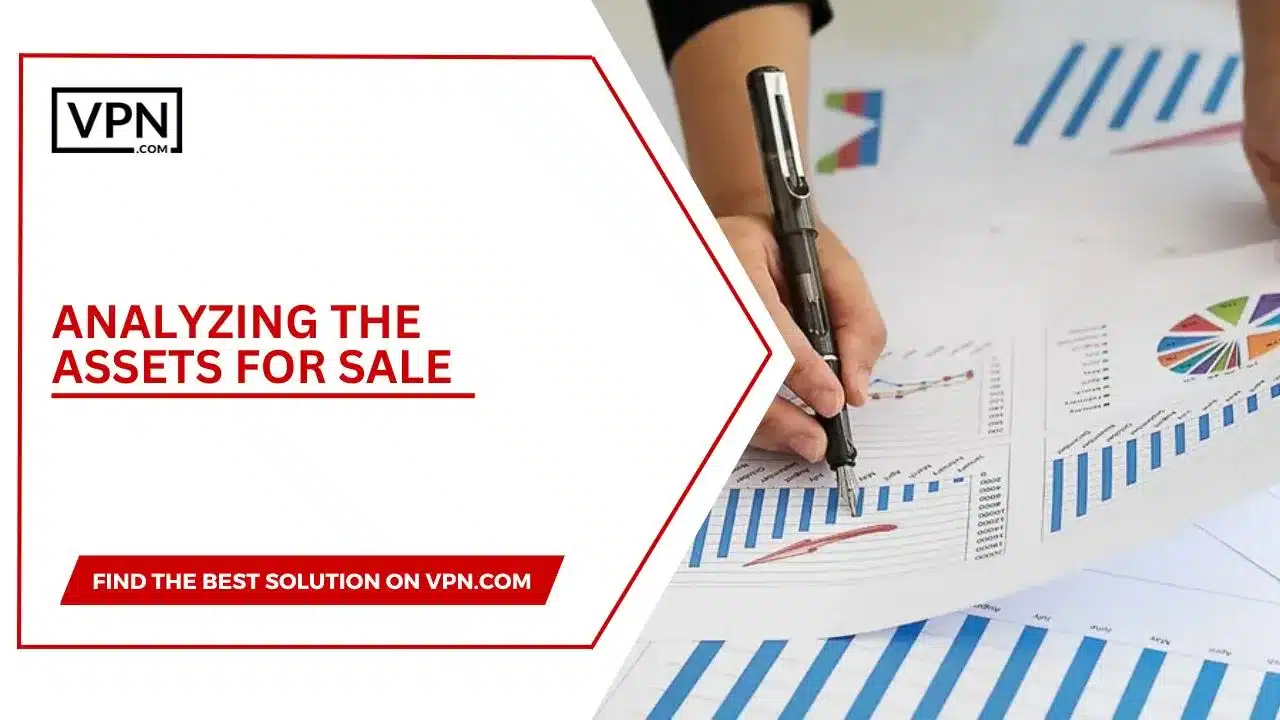
It is not easy to identify the sale of assets. Because we can not analyze it all by ourselves about which assets are actually for sale. There are two types of sale:
- Equity Sale: This sale means that the seller is selling the whole business with each and everything included in it.
- Firm Equity: We can define Firm Equity as assets minus liabilities. It means that the seller is going to sell only some portion of the business. And they will keep the other with them.
If you don’t get it like that. Then we can also explain to you with an example. For instance, that you own a Sterling Manufacturing. And now you are thinking of selling it. But you don’t want to sell everything. So you keep your equipment and sell everything else. This is called firm equity.
This is the reason that you should have a business broker. They will help you identify if the seller is selling the whole business or just some assets.
Contract and Agreements
The best thing about hiring a broker is that they will help you understand your contract. It is very important to understand every term that is mentioned inside it. Because in most of cases business owners have agreements with vendors that you have no idea about.
They also have different agreements with their employees. These agreements can cause you trouble in future. However, as business brokers are experts in this field. They will help you to make necessary adjustments before finalizing a deal. They will do it all with their attorney beside. That way you’ll know that you are in safe hands.

Sign up with our #1 choice
- Experts in Premium Domains
- Ultra-Secure Transactions
- Commissions Starting at 15%
- Paid $1m for VPN.com
- Only Pay When We Succeed for You
- Completely Confidential Transactions
Business Growth

Business Brokers are professionals that will do everything to make your business grow. They will ensure that your business will go in profit and not in loss. However, if you are a seller and you want to attract buyers. Here are some of the tactics that brokers use to make your business look more attractive.
- They keep track of sales record
- They will help you analyze the net profits
- They will help you beat the competitors in the market.
- They will find you unique in the market
- They will find your service or product which is beneficial for you
- They’ll get you a reputable product
- They are going to help you with recurring revenue streams with the regular customers of that business
Final Negotiation
The most difficult part in buying or selling a business is to finalize the deal. We know that it is not easy to sell your business that you took years in building. Sometimes you think of not selling it and keeping it.
That is why many people take a lot of time before selling a business. Here is when the business broker will jump again to help you. They will understand the mixed feelings of the seller. And convenience them to sell the business.
They are the experts who know what drawbacks can happen in the deal. You might panic in such conditions but they never do. They will make sure that the seller doesn’t back out at the last moment and you get that deal.
Conclusion
We think now you have all the knowledge that you want about broker and business broker. These are the most helpful people in your buying and selling of business. The right broker will make sure to get you the best deal. They will ensure that you will not face any circumstances in the future.
We know that selling or buying a business is not an easy task. It takes all of your energy and time. Because your whole future basically depends on it. So, we will suggest that you take your time. Relax and conduct research before jumping into a conclusion.
We know finding the right broker is not easy. But when you do then most of your work is done. Because they will handle each and everything. From your presentations to your transactions. They will help you in every aspect. They will also make sure to save you from fraud.
However, if you still don’t get what is a business broker. Then you can feel free to ask us any question. We will be more than happy to assist you.




